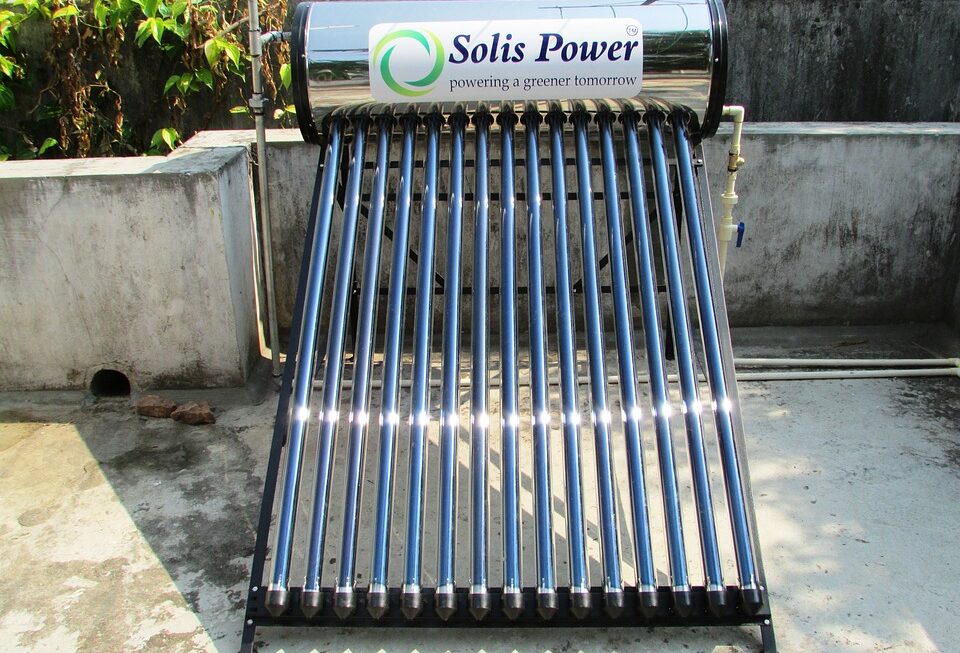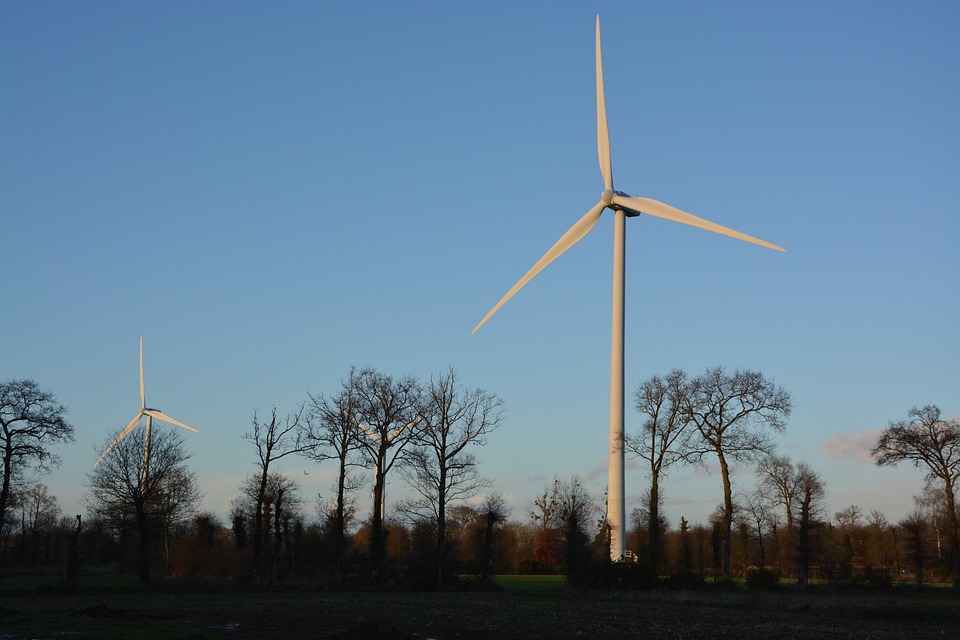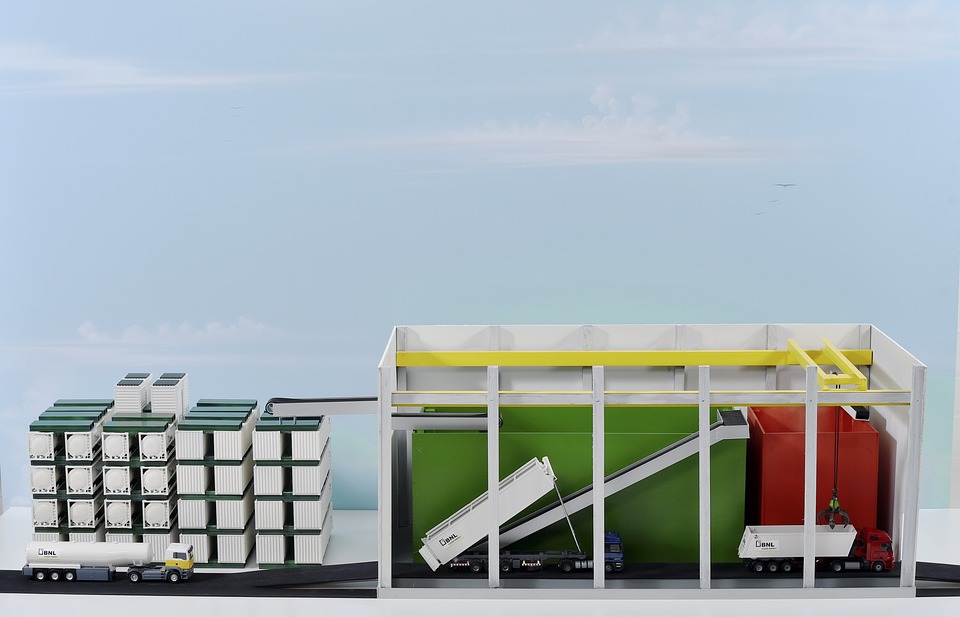[ad_1]
The Benefits of Energy-Efficient Homes: Saving Money and the Environment
As our world grapples with the effects of climate change and the depletion of natural resources, the need for energy-efficient solutions has become increasingly urgent. One area where significant progress can be made is in the way we design and build our homes. Energy-efficient homes not only help reduce the impact of carbon emissions on the environment, but they also offer a wide range of benefits to homeowners, including substantial cost savings over time. In this article, we will explore the numerous benefits of energy-efficient homes and why they are a smart investment for both the environment and your wallet.
What is an Energy-Efficient Home?
An energy-efficient home is designed and built to utilize energy resources in a more sustainable and efficient manner. This can include the use of high-performance insulation, energy-efficient windows and doors, energy-saving appliances, and the incorporation of renewable energy sources such as solar panels or wind turbines. Energy-efficient homes are designed to minimize energy waste and maximize energy conservation, resulting in reduced energy consumption and lower utility bills.
The Benefits of Energy-Efficient Homes
1. Cost Savings: One of the most significant benefits of energy-efficient homes is the potential for substantial cost savings over time. By reducing energy consumption, homeowners can significantly lower their utility bills. Energy-efficient appliances and heating, ventilation, and air conditioning (HVAC) systems can also contribute to lower energy costs. According to the U.S. Department of Energy, homeowners can save anywhere from 10-30% on their utility bills by investing in energy-efficient upgrades for their homes. These savings can add up to thousands of dollars over the lifetime of the home.
2. Environmental Impact: Energy-efficient homes have a much smaller carbon footprint compared to traditional homes. By reducing energy consumption, energy-efficient homes help lessen the demand for fossil fuels and reduce greenhouse gas emissions. According to the Environmental Protection Agency (EPA), homes are responsible for nearly 20% of all greenhouse gas emissions in the United States. Energy-efficient homes can play a significant role in reducing this impact and mitigating the effects of climate change.
3. Increased Comfort: Energy-efficient homes are designed with a focus on comfort and indoor air quality. High-performance insulation and energy-efficient windows and doors help maintain a consistent temperature within the home, reducing drafts and cold spots. Additionally, energy-efficient homes often have better ventilation systems, resulting in improved air quality and a healthier living environment.
4. Higher Property Value: Energy-efficient homes are in high demand, and as such, they often have a higher resale value than traditional homes. Buyers are increasingly seeking out energy-efficient features when searching for a new home, and a home with energy-efficient upgrades can command a higher price on the market.
5. Government Incentives: Many governments offer tax credits, rebates, and incentives for energy-efficient home improvements. These financial incentives can help offset the initial cost of energy-efficient upgrades, making them even more attractive to homeowners.
How to Make Your Home Energy-Efficient
There are several steps homeowners can take to make their homes more energy-efficient:
1. Upgrade to Energy-Efficient Appliances: Look for the ENERGY STAR label when purchasing new appliances, as these are certified by the EPA to be energy-efficient.
2. Seal and Insulate: Proper insulation and sealing of air leaks can significantly reduce energy waste. This includes sealing gaps around windows and doors, adding insulation to walls and attics, and ensuring that HVAC ducts are properly sealed and insulated.
3. Install Energy-Efficient Windows and Doors: Energy-efficient windows and doors can help reduce heat loss and gain, improving overall energy efficiency.
4. Use Energy-Efficient Lighting: Switch to LED or CFL bulbs, which use significantly less energy and last longer than traditional incandescent bulbs.
5. Consider Renewable Energy Sources: Installing solar panels or a wind turbine can provide your home with clean, renewable energy and reduce your reliance on traditional energy sources.
Frequently Asked Questions
Q: Are energy-efficient upgrades expensive?
A: While energy-efficient upgrades may have an upfront cost, the long-term savings on utility bills can offset these expenses. Additionally, there are often government incentives and rebates available to help homeowners offset the costs of energy-efficient upgrades.
Q: How much can I expect to save by making my home more energy-efficient?
A: The amount of savings will vary depending on the size of your home, your current energy usage, and the upgrades you choose to make. However, on average, homeowners can expect to save 10-30% on their utility bills.
Q: What are the best energy-efficient upgrades to make?
A: Some of the most impactful energy-efficient upgrades include adding insulation, sealing air leaks, upgrading to energy-efficient appliances, and installing energy-efficient windows and doors.
Q: How do I know if my home is energy-efficient?
A: A home energy audit can help determine how energy-efficient your home is and identify areas where improvements can be made. Many utility companies offer energy audits, or you can hire a professional to conduct one for you.
In conclusion, energy-efficient homes offer numerous benefits, including cost savings, a reduced environmental impact, increased comfort, and higher property value. By making simple upgrades and changes to your home, you can enjoy these benefits while also contributing to a more sustainable and environmentally friendly future. Whether you are building a new home or considering upgrades to your current home, investing in energy-efficient features is a smart and responsible choice that offers both financial and environmental rewards.
[ad_2]



